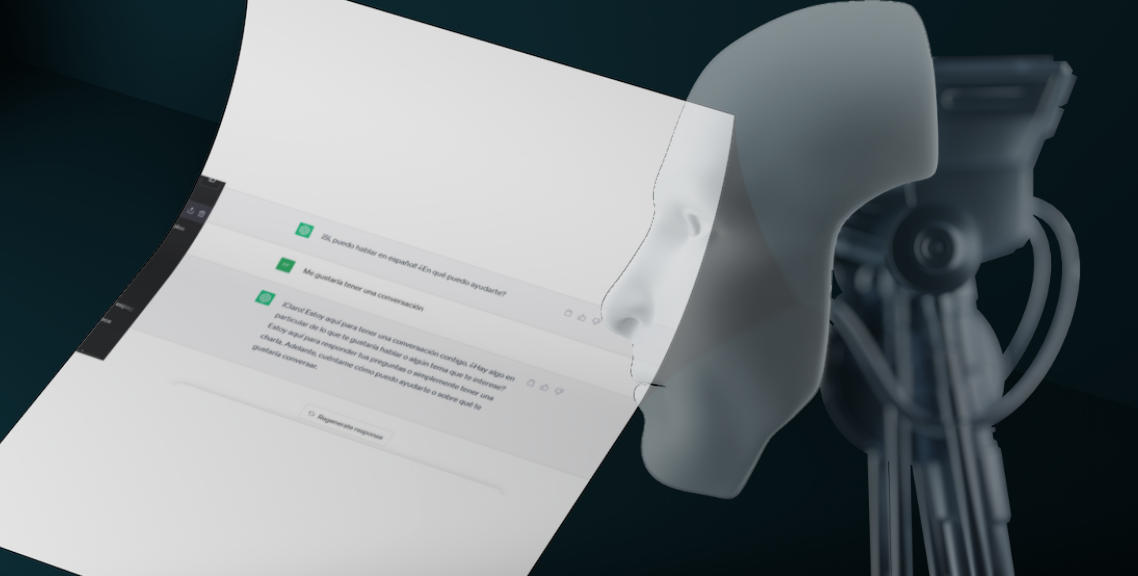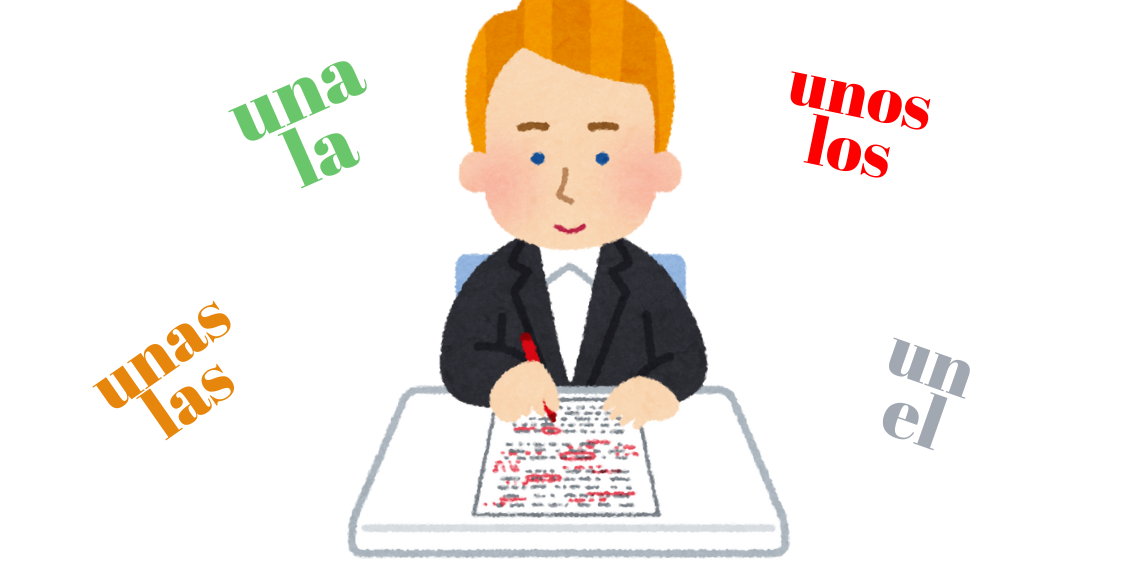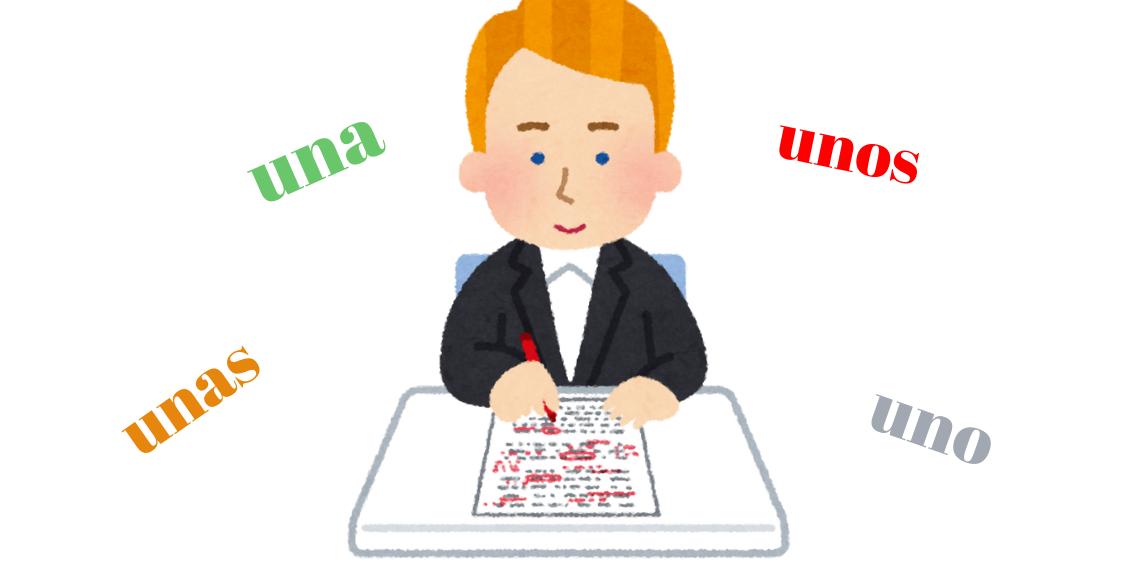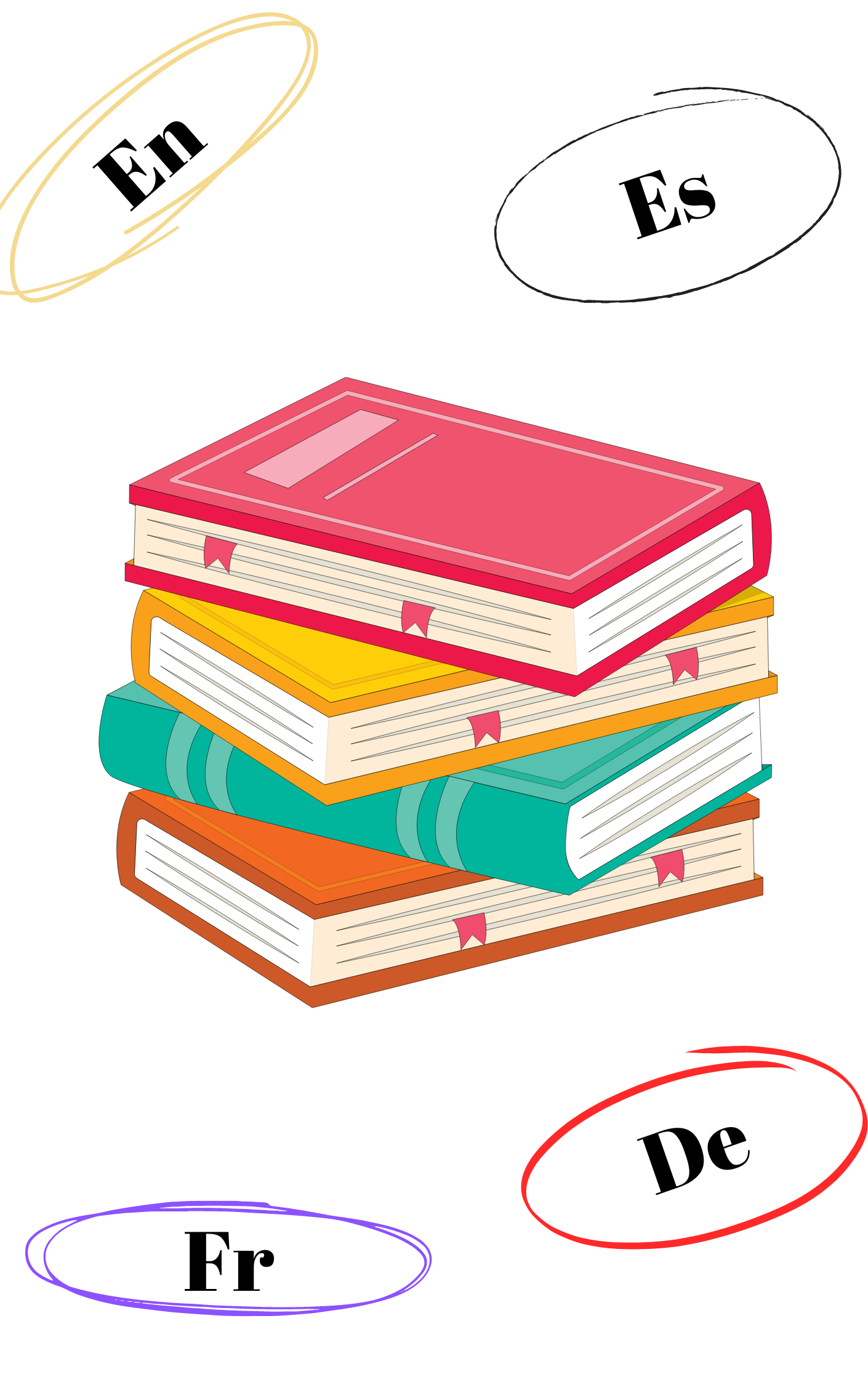Artificial intelligence in language learning
omething that I will always struggle to understand is the resistance, or even the fear, that humans show towards the use of technology when something disruptive emerges. Take, for example, a classic of horror literature like Mary Shelley's Frankenstein, which was influenced, among other things, by conversations her husband and her personal physician had about Luigi Galvani's experiments. Electricity, to be precise. Nowadays, we are faced with the emergence of various artificial intelligences that have sparked quite a bit of controversy. In the realm of foreign language learning, which is our focus here, tools like ChatGPT have faced criticism. However, I would like to share my experience and recommend its use as a valuable tool for practicing one or multiple foreign languages that you may be learning.
“Nowadays, we are faced with the emergence of various artificial intelligences that have sparked quite a bit of controversy.”
According to its developers, ChatGPT is a tool capable of providing responses in natural language, meaning it can answer our questions in a similar way to how a person would. And from my own experience of using it extensively, it does just that. From this perspective, it serves as a useful tool for language practice. Finding a language exchange partner is not always easy, but ChatGPT is always available for a conversation. One limitation is that the conversation is solely written, so we cannot improve our pronunciation or listening comprehension. Since I wrote this text until now that has changed. Additionally, the language it uses sounds natural but not colloquial. It’s quite neutral and overly correct, unlike the language we encounter in the real world. Nevertheless, in my opinion, it is still effective for practice purposes. It also comes in handy when translating a text to better understand a contextually unclear phrase. I have done this many times, and the results have been quite satisfactory. One approach that often yields good results is asking ChatGPT to translate a text into a specific language and then requesting it to correct its own translation to make it sound more natural in the target language. While translations are generally frowned upon as an academic learning tool, I find it to be a practical and helpful way to practice and comprehend the target language.
Can ChatGpt teach us a language?
At least for now, based on my experience, the answer is no, and there are two reasons for that. Firstly, it makes mistakes. I have confirmed this by asking it questions in my own language. For instance, I asked it to provide ten example sentences using the pretérito indefinido in Spanish, and at times, it responded with sentences in imperfecto. So, from my perspective, we can use it to practice topics like, to say something, specific grammar topics, as long as we have some proficiency in the subject matter. This allows us to recognize that some of the generated content may contain errors and enables us to formulate the right questions to ask for corrections. In other words, it is not advisable, based on my current experience, to rely on it for learning something completely unfamiliar. However, it can be helpful for reinforcing knowledge in areas we already have some understanding of. Secondly, as a “teacher,” it lacks creativity and organizational skills. Once again, it makes mistakes. As an experiment, I asked it to teach me French one day, and it started presenting me with exercises on various topics and difficulty levels. On one hand, there was little cohesion among the different exercises. Moreover, it would often provide directly the answers or correct its own excercises with errors, and it became excessively repetitive. I had to give it very specific instructions to have it create activities that allowed me to practice specific aspects of French that interested me that day. Another issue that arises is that this method makes it difficult to discover those aspects of the target language that differ significantly from our native language(s), preventing us from formulating the necessary questions for the technology to generate the resources required to “teach” us those aspects.
It is not advisable, based on my current experience, to rely on it for learning something completely unfamiliar.
To provide a practical example, if I had wanted to learn the Perfekt tense in German using ChatGPT, I wouldn’t have been capable of asking which verbs use “sein” and which use “haben” as an auxiliary verb, because neither Spanish nor English, the two languages I spoke when I started learning German, have this feature in their grammar. I learned that in class. If I had attempted later to learn the passé compossé tense in French using exclusively ChatGPT, I would have likely asked whether all verbs use “avoir” as an auxiliary or if some use “être” because my prior experience would have informed me that this was possible. So, I come back to the same point: it is a better tool for reinforcing knowledge in areas we already have some familiarity with than for starting from scratch.
“If I had attempted later to learn the passé compossé tense in French using exclusively ChatGPT, I would have likely asked whether all verbs use “avoir” as an auxiliary or if some use “être” because my prior experience would have informed me that this was possible.”
In conclusion, setting aside the catastrophic views that artificial intelligence will dominate the world and humans will cease to think, among other concerns, I believe that ChatGPT, specifically because it is the one I have used, is a recommended tool for practicing a language we are learning, while understanding it has limitations. Ultimately, we have ample time available to discuss any topic, and with the right instructions, we can achieve an interaction that is comprehensible for our level in the target language while also representing the challenge we need whenever we engage with that language, what gradually allows us to make progress in our language proficiency.






Leave a Reply